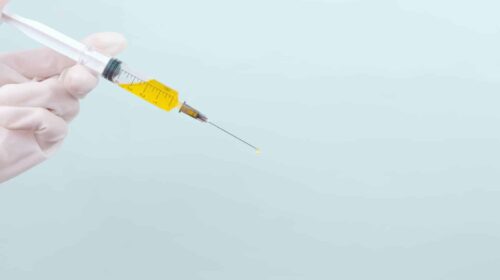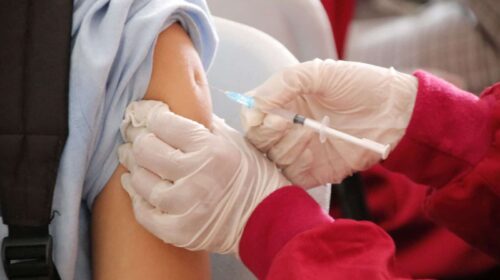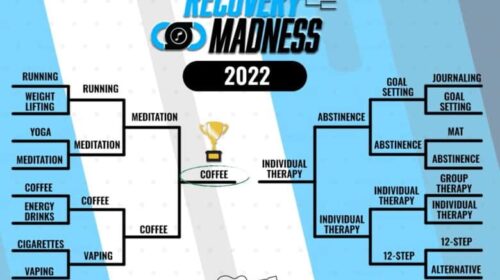Relapse is an unfortunately common part of the recovery process, but it doesn’t have to be inevitable, nor does it have to be permanent. For years, one of the main relapse talking points was that it affects between 40 and 60 percent of people in recovery. The truth is, however, many factors skew these numbers, and there are ways you can protect yourself as you endeavor to sustain your recovery.
Knowing the broader factors that can contribute to relapse, as well as your own personal triggers, can help you stay aware, stay vigilant, and stay sober. With that in mind, let’s discuss some of the most common relapse triggers and how you can avoid them.
Problematic Places
Sometimes, your old haunts can end up haunting you. Few factors make you more vulnerable to relapse than the environments that served as backdrops to your most active substance use. These places are different for everyone. For many, it can be something as obvious as a bar, liquor store, club, or a house where you used to party; for others, it can be something more personal, like a spot in which they experienced trauma, had a fight with a loved one, blacked out, overdosed, etc.
For some people, the problematic nature of these places will be immediately apparent. Others may need to uncover the link these environments have to their substance through therapy and counseling. Your therapist will help you develop coping mechanisms that can help you avoid these places and manage your risk when and if you absolutely have to engage with them.
With Friends Like These…
One of the hardest parts of recovery, particularly in the early stages, is making the decision to distance yourself from the relationships that were so closely tied to your substance use. Even though you may have to do it to protect your own mental health, it can still feel like a loss.
Community and support are core pillars of the recovery process, and it’s critically important to have the right kind of people in your corner. These are people who are sensitive to the fact that you can’t drink or use drugs, won’t “other” you for your sobriety, and won’t entangle you in their own personal drama.
The good news is that treatment and recovery allow you the opportunity not only to start identifying healthy and toxic relationship components but also to form meaningful and supportive connections with people who know what you’re going through.
The Weight of Expectation
It’s important to make sure that self-discipline doesn’t become self-sabotage. Many people feel like they have to “boil the ocean” and reinvent themselves right out of the gate when they enter recovery. This can cause them to bite off more than they can chew, get overwhelmed, and ultimately fall short of the expectations they set for themselves.
The phrase “one day at a time” endures for a reason. By setting and achieving manageable daily and weekly goals, you incrementally build the life you want, whether it’s your job, your friendships, your romantic life, or anything else. Recovery is work, and you don’t have to place any more pressure on yourself.
When Things Fall Apart
Trauma has always been linked to substance abuse and can be a powerful relapse trigger. Whether it’s the tragic loss of a loved one, a breakup, a job loss, or any other life-changing event, it can be all too tempting to fall back on drugs or alcohol to provide short-term comfort. You may even hear a voice telling you that it’s “not worth it” and feel like you want to give up on recovery altogether.
These are the times when you have to “play to your strengths” and fall back on the core elements of your support system. Rely on your therapist to help you navigate this grief, do things that make you happy to remind you that “it IS worth it,” and lean on the people you love to help you.
The Feeling Like You’re Starting from Scratch
Day one of recovery is filled with challenges and opportunities. Many people feel like they have. The simple logistics of recovery can seem overwhelming and impossible —– we promise you they aren’t. Whether it’s fixing things at your job, reconnecting with your family, making amends with friends, continuing with therapy or medication-assisted treatment, or anything else, you can do this.
Give yourself the grace of making mistakes and be vulnerable, stick to your aftercare plan, practice patience, and be honest with yourself and the people around you. The people in your life want you to succeed and be the vibrant, loving, and capable person they know you are. Even when things feel difficult or inconvenient, remember that there’s light at the end of the tunnel.
It’s also important to remember that even if you do experience a relapse, as so many do, it’s not the end of the world, and there is a way forward. Take ownership of the setback, get yourself back into treatment, and reaffirm your commitment to yourself and the people who love and support you. You’ve got this.

























